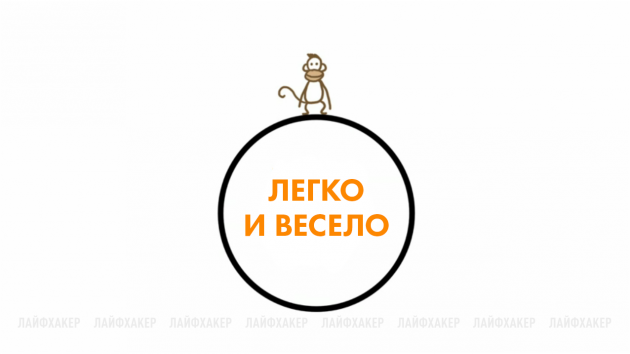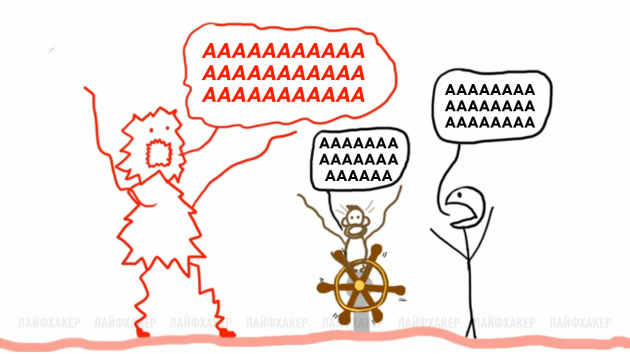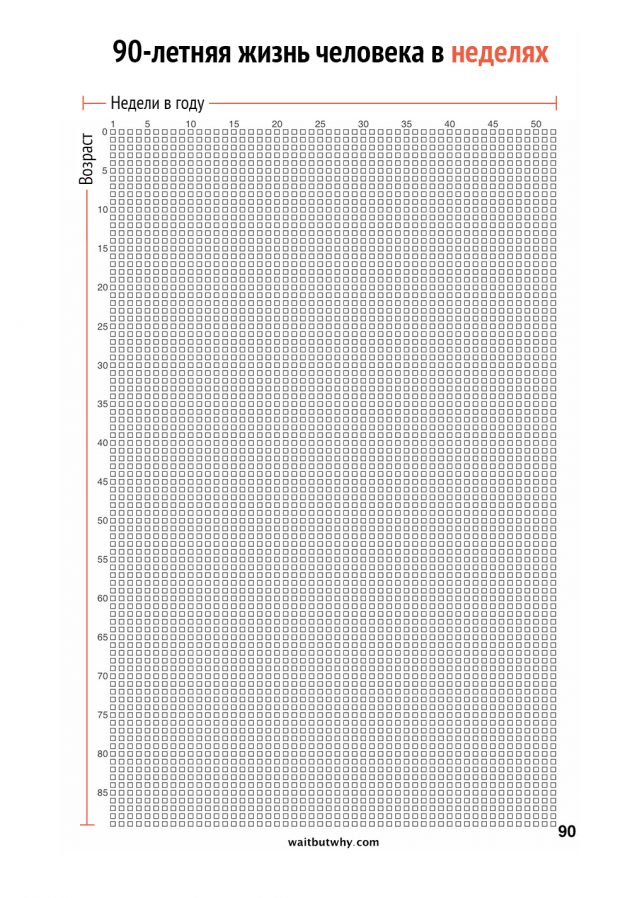We put things off because it’s nice
Imagine a student who had a week left before taking the diploma. He sits down at the laptop, opens an empty page and … hangs on YouTube for a couple of hours. At the same time, he first watches videos with Feynman’s cognitive lectures, and ends with the most ridiculous feilings. Every day, something more important than a diploma appears: general house cleaning, chatter in the chat rooms, the release of a new video game.
And here it is, the moment of truth – a couple of days remain before the graduation. The student wakes up incredible diligence, and he writes a diploma for two sleepless nights. Yes, the diploma is not the best. But ready.
Common situation? This is the classic behavior of a person who constantly puts things off for later. Instead of a diploma, you can postpone until the last moment the delivery of a report at work or a speech for presentation at a conference. In general, anything. What is going on in your head at this moment?
Most psychologists regard procrastination as evasion, a protective mechanism that is included in unpleasant actions. A person gives up to feel good.
The problem is that unpleasant, complex cases usually bring the most significant results in the future.
Our system of doing things is far from ideal
Tim Urban, in his speech at TED, described the behavior pattern of the procrastinator with the help of three characters that coexist in his head.
Rationalist makes decisions

Thanks to him we can imagine the future, make long-term plans. He helps us to deal with complex things that will benefit in the future. But when he makes a rational decision to do something productive, a second character appears.
A monkey needs pleasures

Monkey interferes with the rationalist. She is the personification of our animal origin. Monkey lives only real. She does not have any memories from the past, no plans for the future. She only cares about two things: to make it easy and fun. When we procrastinate, we go at her on an occasion, we are distracted by every nonsense and do not do what is important.
In the animal world, this works perfectly. When you are a dog, and all your life you do nothing but light and cheerful things, it’s a great luck. And for the Monkey people are the same animals.
But how can a procrastinator force himself to tackle important but complex things in order to achieve a result?
Panic monster scares, but helps to focus

This is helped by the Panic Monster. He wakes up every time the deadline looms too close or fear awakens publicly disgraced. In general, every time something terrible must happen. The monkey gives way to panic, and the Rationalist, who no one interferes, can start working. At this time, we take up the case, which was postponed for a long time.
This is the system of procrastination. Of course, it is far from ideal, but it works.
Bad news: we will procrastinate, even when there are no deadlines
Procrastination makes you feel terrible. In part, this is due to the fact that entertainment does not bring joy and pleasure, when you realize that they do not have time. Periodically, you feel guilt, fear, anxiety, self-loathing. On the other hand, the problem is always solved – you have time to do what you need and hand over the work on time.
But the main problem occurs when there are no deadlines.
For example, you want to build a career, actively participate in life – to engage in art or entrepreneurship. Or, more often meet with family, play sports and pay attention to one’s health, work on relationships or break off relationships that do not bring joy. In such situations, procrastination can become a source of unhappiness and regret.
Hence, there are two types of procrastination:
- Short-term procrastination. It lasts for a certain time and ends with deadline.
- Long-term procrastination. It is not limited to deadline, it can last indefinitely.
The second type of procrastination is the most dangerous. It flows quietly and imperceptibly, they are much less likely to talk about it. However, most of the important things in our life have no deadline.
Disappointment does not appear due to the fact that a person could not fulfill his dream, but because he did not even begin to strive for it.
Tim Urban
It turns out that all of us are to some extent subject to procrastination. And even if we know how to plan work on projects with deadlines, most likely we will procrastinate in some other important sphere of life. It can be career, relationships, health.
To stop putting everything off, learn to value time
How to defeat procrastination? In such a situation, there is nothing more stupid than the advice “Stop dealing with useless things and get to work” you can not imagine.
If we advise this, let’s advise people with obesity simply not to overeat, people in depression just do not be sad, and whales that are thrown ashore, just keep within the ocean. Inveterate procrastinators simply can not control their distractions.
In the event that you procrastinate over projects with a finite deadline, try to accept yourself as you are. Yes, you do everything at the last moment. But once you have time, then everything is in order.
With long-term procrastination, it is more difficult. You do not panic and think that you will manage everything, but you are always putting off your dream for later. Perhaps, the timetable of life that Tim Urban came up with will help you understand your priorities.

Each square is one week of 90 years of life. That’s what time looks like.
Print and paint over time. And then hang such a calendar in the kitchen or put it on your desktop and paint over the next one last week. This simple exercise will teach you to appreciate the time.
Our life also has a deadline, you just do not know for sure when it comes. Think carefully about what you want to spend the remaining time. And act.
For those wishing to learn more about the system of procrastination, we give a speech by Tim Urban on TED with Russian subtitles.
